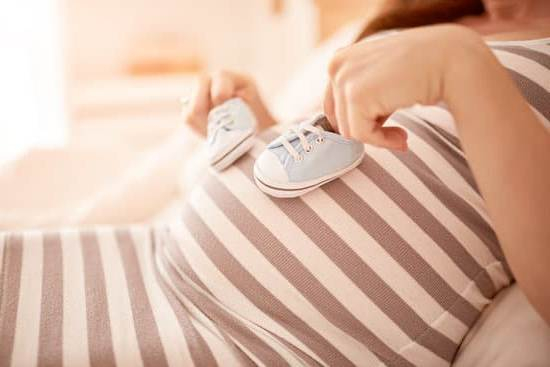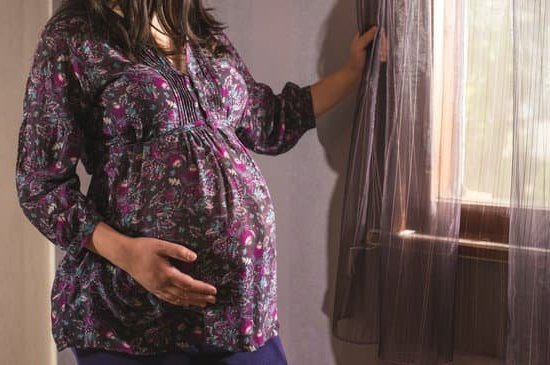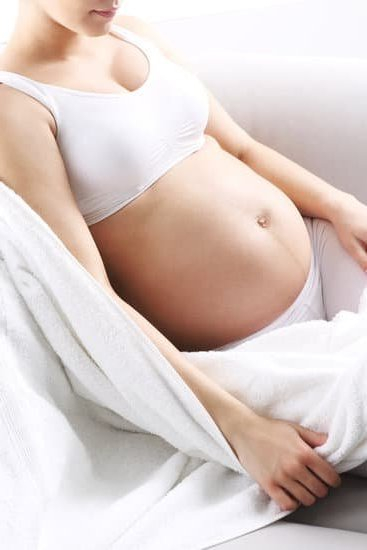There are many reasons why a woman might want to test her fertility at home. Perhaps she is trying to get pregnant and wants to track her ovulation cycle, or maybe she is concerned about her fertility and wants to get an idea of her chances of conceiving. Whatever the reason, there are a few different ways to test fertility at home.
One popular way to test fertility is to track basal body temperature (BBT). Basal body temperature is the lowest temperature of the body during rest. It is measured first thing in the morning, before getting out of bed or doing anything else. When a woman is ovulating, her BBT will rise slightly. So by tracking your BBT over a few months, you can get a sense of when you are most fertile.
Another way to test fertility is to track your cervical mucus. Just before ovulation, a woman’s cervical mucus will become thinner and more slippery. This makes it easier for sperm to swim to the egg. By tracking your cervical mucus over a few months, you can get a sense of when you are most fertile.
Of course, the best way to test fertility is to consult with a doctor. If you are trying to get pregnant, your doctor can help you track your ovulation cycle and give you advice on how to increase your chances of conceiving. If you are concerned about your fertility, your doctor can perform a number of tests to determine your fertility status.
Whatever your reason for wanting to test your fertility, there are a few different ways to do it. By tracking your BBT or cervical mucus, or by consulting with a doctor, you can get a better idea of your fertility status.
What Causes Low Fertility In Females
?
There are many factors that can contribute to low fertility in females. These include:
Age: As a woman gets older, her fertility declines. This is due to a decrease in the number of eggs available as well as a decline in the quality of those eggs.
Smoking: Smoking can damage the reproductive organs and reduce fertility.
Alcohol: Heavy drinking can decrease fertility.
Obesity: Obesity can affect fertility by causing irregular periods and increasing the risk of ovulatory problems.
Stress: Stress can affect the reproductive hormones and reduce fertility.
Poor nutrition: Eating a poor diet can affect fertility.
Medical conditions: Some medical conditions, such as polycystic ovarian syndrome (PCOS) and endometriosis, can cause fertility problems.
If you are experiencing difficulty conceiving, it is important to consult with your doctor to determine the cause and to receive appropriate treatment.
Fertility Signs In Females
There are many fertility signs in females that can indicate whether or not she is fertile. One of the most obvious fertility signs in females is the presence of a menstrual cycle. A menstrual cycle occurs when the body sheds the lining of the uterus. This typically happens every 28 days, but can vary from woman to woman.
Another fertility sign in females is the presence of cervical mucus. Cervical mucus is a thick, sticky substance that is produced by the cervix. Cervical mucus helps to protect the uterus from infection and helps to transport sperm to the egg. The amount and type of cervical mucus that a woman produces changes throughout her menstrual cycle.
Another fertility sign in females is the presence of a basal body temperature. A basal body temperature is the temperature of a woman’s body when she is at rest. A woman’s basal body temperature changes throughout her menstrual cycle. When a woman is ovulating, her basal body temperature will be higher than when she is not ovulating.
There are also a number of fertility tests that can be performed to determine a woman’s fertility. One of these tests is a progesterone test. A progesterone test is a test that measures the level of progesterone in a woman’s blood. Progesterone is a hormone that is produced by the ovaries. A high level of progesterone indicates that the woman is ovulating.
Another fertility test is a follicle-stimulating hormone (FSH) test. A FSH test is a test that measures the level of FSH in a woman’s blood. FSH is a hormone that is produced by the pituitary gland. A high level of FSH indicates that the woman is not ovulating.
There are also a number of fertility treatments that can be used to help a woman become pregnant. One of these treatments is in vitro fertilization (IVF). IVF is a procedure that involves the fertilization of eggs outside of the body. Eggs are fertilized in a laboratory and then the embryos are transferred back into the woman’s uterus.
There are also a number of fertility drugs that can be used to help a woman become pregnant. One of these drugs is clomiphene citrate (Clomid). Clomid is a drug that is used to stimulate the ovaries to produce eggs.
Alcohol And Female Fertility
There is no question that alcohol consumption can affect female fertility. The question is, how much alcohol is too much?
Most studies agree that heavy alcohol consumption can reduce a woman’s fertility. This is because alcohol can interfere with the production of hormones necessary for ovulation. It can also interfere with the implantation of a fertilized egg.
But what about light to moderate alcohol consumption? Is there a risk there?
There is some debate over this, but most experts agree that there is a risk. This is because alcohol can interfere with the way the body absorbs nutrients needed for fertility. It can also damage the liver, which is responsible for metabolizing hormones.
So what’s a woman to do?
If you are trying to get pregnant, it is best to abstain from alcohol altogether. If you can’t or don’t want to abstain, then limit your alcohol consumption to one or two drinks per week.
Cycling And Female Fertility
There’s a lot of discussion these days about how cycling can impact female fertility. But what does the science say?
There’s no question that cycling can be hard on a woman’s body. The repeated pressure on the seat and the jarring of the bike can cause problems such as erectile dysfunction in men, and uterine problems and infertility in women.
But how significant are these problems? And do they outweigh the benefits of cycling?
The truth is that the research on this topic is inconclusive. Some studies suggest that cycling can have a significant impact on a woman’s fertility, while others suggest that the risks are minimal.
There are a few things to consider when trying to answer this question. First, it’s important to remember that not all cycling is created equal. Racing or mountain biking, for example, can be much more strenuous than commuting or leisure cycling.
Second, the age of the cyclist is important. Younger women are more likely to experience problems than older women.
Finally, each woman’s body is different and will respond differently to cycling. Some women will be able to ride for hours without any problems, while others will experience fertility issues after just a few rides.
So what’s a woman to do? The bottom line is that cycling is a personal decision. If you’re concerned about the impact of cycling on your fertility, talk to your doctor. He or she can help you weigh the pros and cons of cycling and help you make the decision that’s right for you.

Welcome to my fertility blog. This is a space where I will be sharing my experiences as I navigate through the world of fertility treatments, as well as provide information and resources about fertility and pregnancy.





